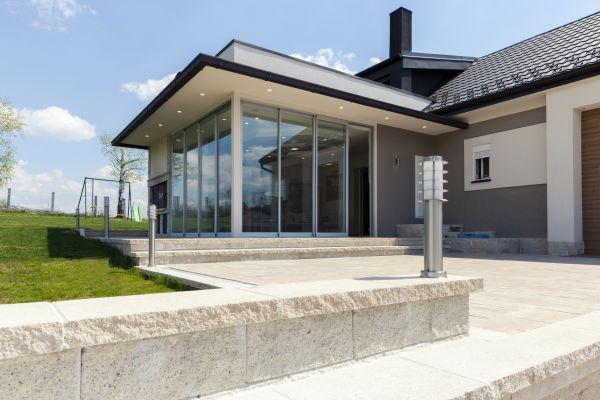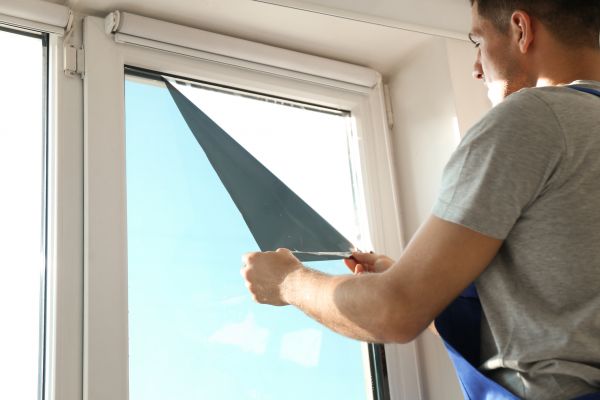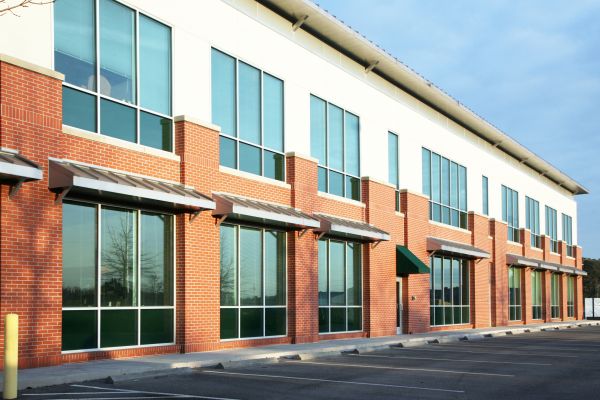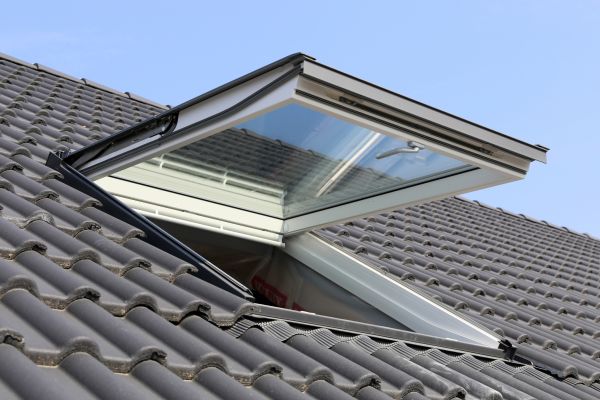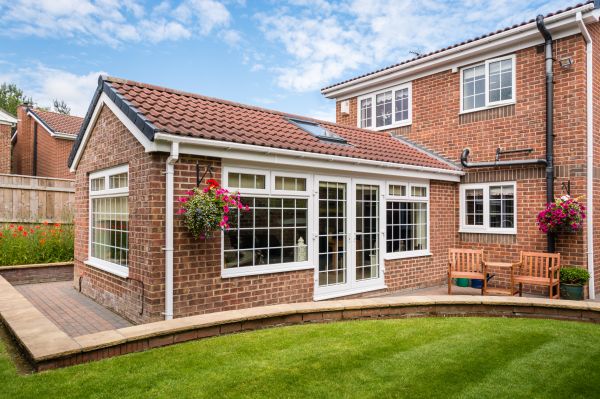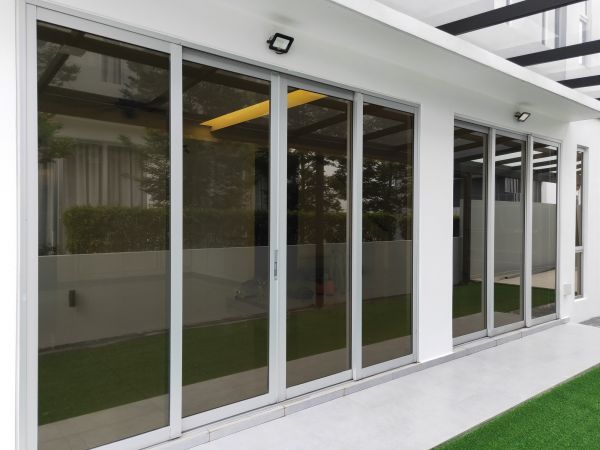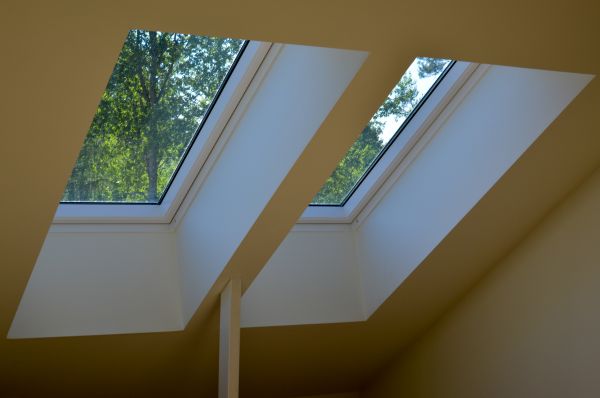Residential Window Tinting
Connect with experienced local pros.
Residential window tinting is an increasingly popular solution for homeowners looking to enhance the comfort, efficiency, and aesthetics of their living spaces. By applying a thin film to the interior surfaces of windows, residential window tinting offers a range of benefits that go beyond mere appearance. It plays a crucial role in reducing energy costs, protecting interiors from UV damage, and increasing privacy without sacrificing natural light. As more homeowners become aware of the advantages, residential window tinting is becoming an essential part of modern home improvement.
Benefits of Residential Window Tinting
-
Energy Efficiency
Residential window tinting significantly reduces the amount of heat entering a home, which can lead to lower cooling costs during the hot months. By blocking a portion of the sun's heat, window tinting helps maintain a consistent indoor temperature, reducing the reliance on air conditioning and ultimately saving on energy bills. -
UV Protection
Harmful ultraviolet (UV) rays from the sun can cause fading and damage to furniture, flooring, and other interior elements. Window tinting blocks up to 99% of UV rays, preserving the longevity and appearance of home furnishings and protecting the health of occupants by reducing exposure to these harmful rays. -
Increased Privacy
With residential window tinting, homeowners can enjoy increased privacy without the need for heavy curtains or blinds. Tinted windows allow residents to see outside while preventing outsiders from seeing in, enhancing security and peace of mind. -
Enhanced Aesthetics
Window tinting can improve the overall look of a home by providing a sleek and uniform appearance. Available in various shades and styles, window films can complement any architectural design, adding to the curb appeal and value of the property. -
Glare Reduction
By reducing glare from the sun, window tinting enhances comfort and visibility inside the home. This is particularly beneficial for rooms with screens, such as home offices or living rooms with televisions, where glare can be a distraction or annoyance.
FAQs About Residential Window Tinting
What is the lifespan of residential window tinting?
Residential window tinting typically lasts between 10 to 15 years, depending on the quality of the film and the amount of direct sunlight exposure.
Can window tinting be removed if I change my mind?
Yes, window tinting can be removed without damaging the glass. Professional services can safely and effectively remove the film if desired.
Will window tinting make my home too dark?
Not necessarily. Window films are available in various shades, allowing homeowners to choose the level of tint that best suits their needs and preferences while maintaining a bright and welcoming interior.
Is residential window tinting expensive?
The cost of window tinting varies based on the type of film and the size of the windows. However, the long-term savings on energy bills and protection of home interiors often offset the initial investment.
Fill out the contact form today to request professional Residential Window Tinting services and enjoy the numerous benefits, including energy savings, UV protection, increased privacy, and enhanced aesthetics.

